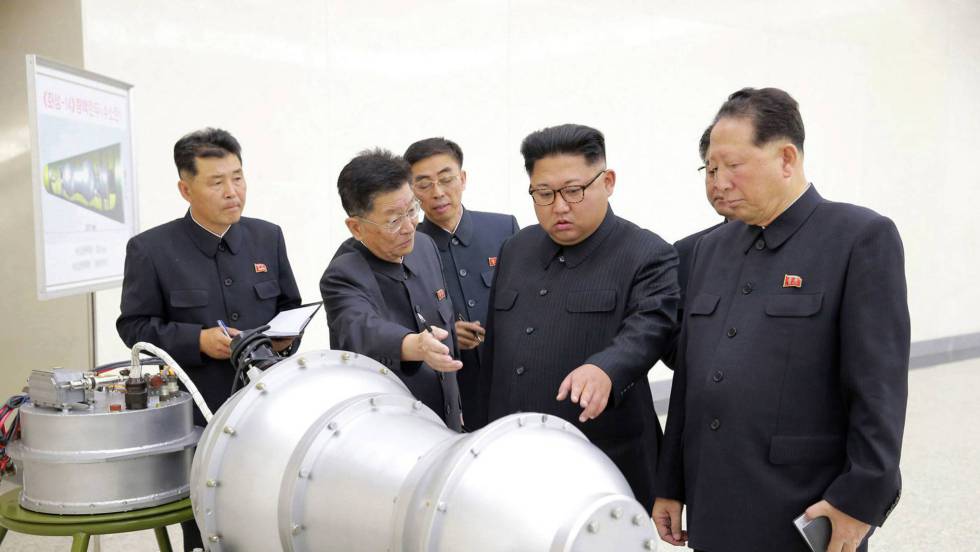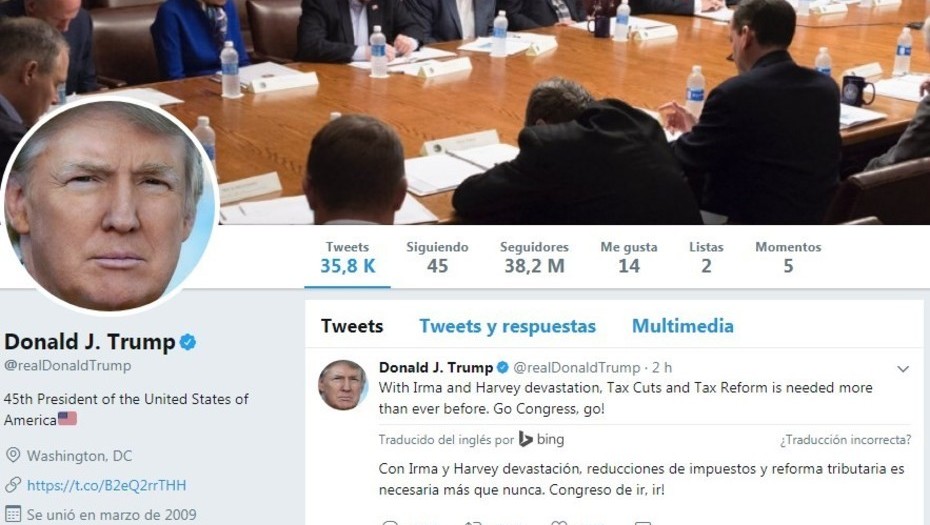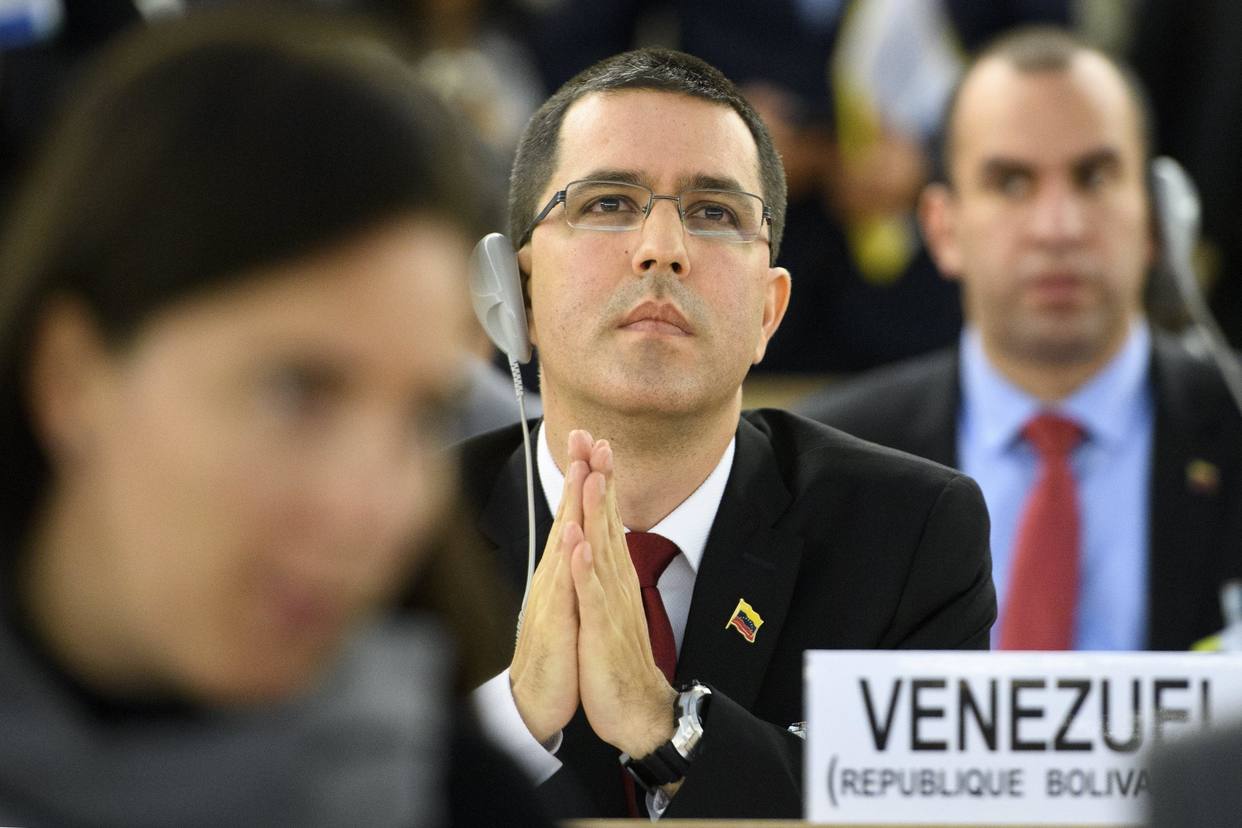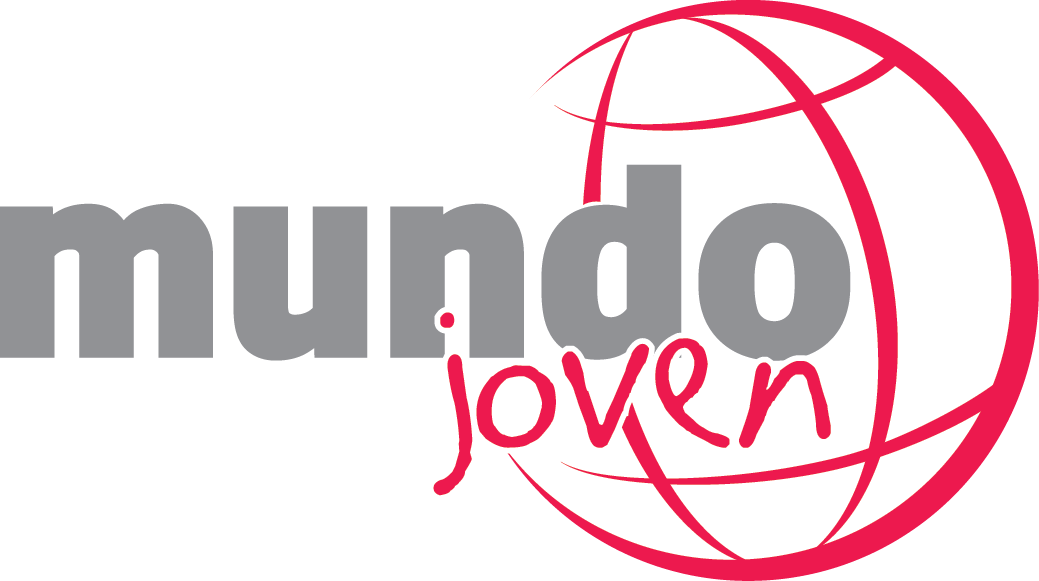Resolution 2375 prohibits 90 percent of North Korea's textile exports, its second-largest source of overseas sales and, according to the United States, will result in a loss of revenue of more than $ 700 million for North Korea. It also restricts oil imports and demands the inspection of North Korean ships. A month earlier, the Security Council had banned exports of seafood, lead and coal.
The "illegal and evil" measure, according to the Foreign Ministry of North Korea in a statement distributed by KCNA, is the "hardest" in history and amounts to an "economic blockade."
"The 'resolution' has been invented by the United States, using all sorts of despicable and malignant methods and manners," says the Ministry. North Korea "condemns in its strongest terms and categorically rejects resolution 2375 on sanctions as a product of an insidious provocation aimed at depriving the People's Democratic Republic of Korea (the official name of the country) of its legitimate right to self-defense and completely stifling its State and its people through an absolute economic blockade "
Despite the harshness of this eighth round of sanctions, which US President Donald Trump claims are only the prelude to other more forceful embargoes, North Korea insists it will not allow itself to be alarmed. Moreover, he says, fines will have the opposite effect: Pyongyang plans to further intensify the development of a program that has already surprised scientists by the speed of their progress in the last two years. This summer has successfully tested two intercontinental missiles, something experts considered that the Kim Jong-un regime would still take a few years to achieve.
North Korea "will redouble its efforts to strengthen and safeguard the country's sovereignty and right to exist, as well as to maintain the peace and security of the region by establishing a practical (nuclear) weapon balance with the United States," the statement said.
The sixth North Korean nuclear test, on 3 September, was the most powerful nuclear test ever carried out in that country. An estimate of the 38 North website, linked to the Johns Hopkins School of Advanced International Studies, estimates that the explosion had a potency of 250 kilotons. That magnitude, he notes, "is approaching the maximum we had previously estimated that can be contained in the Pungye-ri test area," the place where North Korea conducts its underground nuclear tests.
South Korea's unification ministry has downplayed statements by its northern neighbor, which it has called "North Korea's softer response to Security Council resolutions," AFP reports. In response to the new nuclear test, Seoul has for the first time tested its long-range Taurus missile system with real fire.










